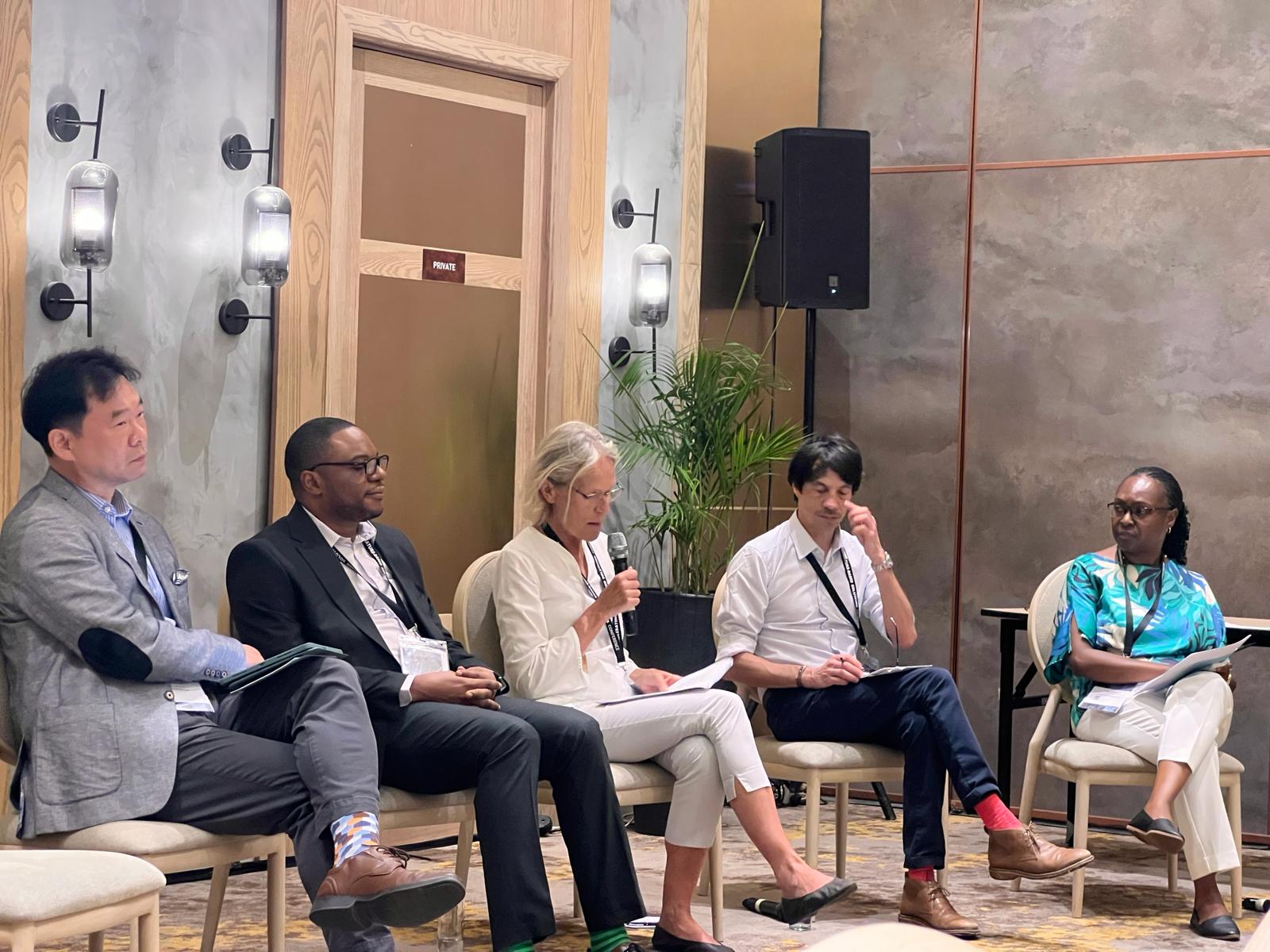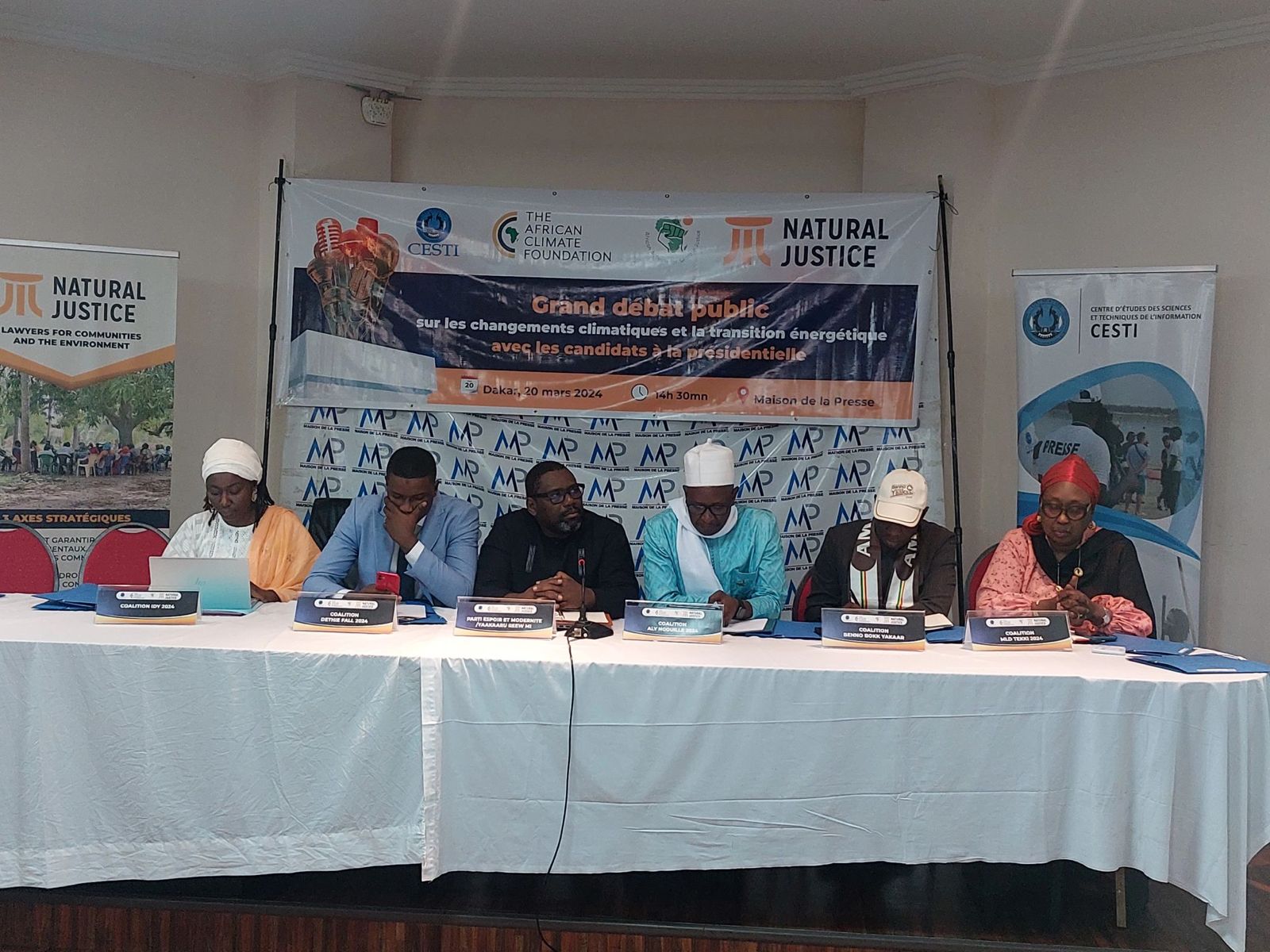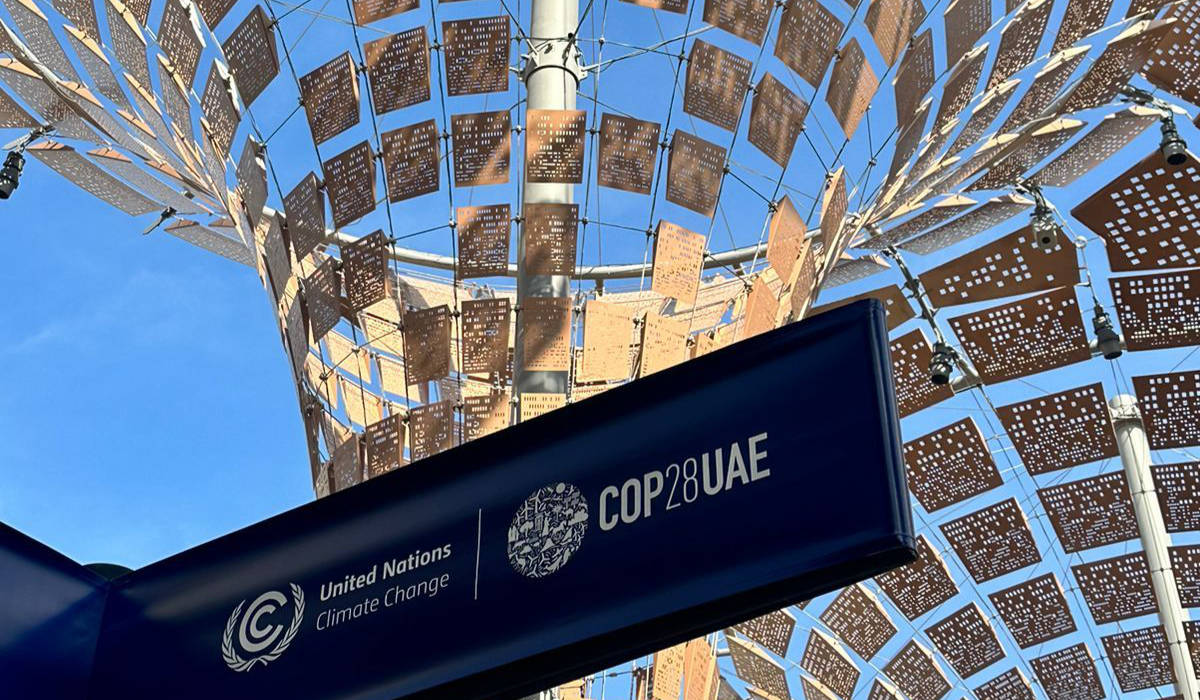Africa is increasingly becoming a geopolitical and geo-economic playground for powerful countries and blocks as they look to African resources to secure both their short and long-term energy security needs. This has been particularly evident in the past year, following the outbreak of conflict in Ukraine and the subsequent dash for African gas by European countries. Yet the isolation of Russia is not the only battle being fought with the help of African resources. There is also increasing posturing around Africa’s critical mineral base, as the US wakes up to China’s dominance over these resources and looks to claw back its influence on the continent.
Such geopolitical tussling creates several possibilities for African governments as to which mast(s) to nail their colors to. Importantly, they also signal how powerful countries and blocs are positioning themselves in the current and future energy landscapes. And it is the future landscape that African countries should be paying particular attention to. Because while we busy ourselves trying to convince the world that we have the right to develop our gas resources, powerful countries and blocks are focused on capturing future market share of clean energy value chains. Even the US has now cottoned on and is desperately trying to make up for time lost under the Trump administration, as illustrated by the recently passed Inflation Reduction Act.
And yes, there is no moral question about our right to develop our gas resources. As a continent, we have contributed the least to climate change. As a continent, we still contribute the least to climate change. And we too have the right to heat our homes, to power our industries, and to ‘guard against winter’. Suggestions by those in the Global North (see John Kerry for example) that we should not develop our gas resources should be dismissed as the fork-tongued, self-serving positioning that it is.
But moral arguments in favor of developing our gas resources won’t get us past two important realities. The first is that Africa is the most vulnerable region in the world to climate change. We simply cannot afford to exacerbate climate change impacts. And if we are brutally honest with ourselves, we know that developed countries have no intention of living up to their commitments to support our adaptive capacity. As the saying goes, the best predictor of future behavior is past behavior. So, whether we like it or not, rapid global decarbonization is imperative to our socio-economic sustainability as a continent. The second important reality that we cannot lose sight of is that the world is transitioning away from fossil fuels. The current dash for new projects by International Oil Majors should be seen for what it is – not a signal of long-term prospects – but a desperate attempt to recuperate as much profit as possible before demand ultimately diminishes (what Hans-Werner Sinn described as the ‘green paradox’). And the writing is on the wall, if USD 150 billion in profits just this year by the seven largest oil companies is anything to go by.
And when the world does transition, penalties on fossil fuel-dependent economies will become a reality. The European Union’s Carbon Border Adjustment Mechanism is just one example, but it certainly won’t be the only one. The CBAM, which is gradually being phased in, will place additional import tariffs on carbon-intensive goods – rendering imports from fossil fuel-dependent economies uncompetitive in European markets. This will affect the exact countries that Europe is currently eying to fill their Russian gas gap. And of course, exceptions might be made, as Timmermans suggested was possible for the US. But if history is anything to go by, these won’t apply to us.
So, while the current prospects of high prices are appealing, African countries should think very carefully about their current investment decisions and the transition risks incurred by them. For example, modelling by Willis Towers Watson for the African Climate Foundation on the transition risk on LNG assets in Mozambique and Tanzania shows that in a Well Below Two Degrees future, ‘Mozambique’s LNG resources would be worth 61% (or USD 66.4 billion) less than in a “Business as Usual” scenario’, and that ‘Tanzania would be relatively more exposed, with resources worth 69% (or USD 20.1 billion) less’. This will have devastating impacts on both economies.
So what should we as African countries be prioritizing? What agenda should we be pushing? Clearly not gas. Not only is this not a priority for most African countries that do not have oil and gas resources; but it is also a distraction. We simply don’t need more investments in resource extraction that serve primarily to benefit the needs and interests of those in the Global North. What we need is affordable energy to power our households and drive our industries. And while the International Oil Majors have great PR campaigns about gas-supporting energy access, they certainly have no interest in prioritizing uncertain domestic markets over lucrative international ones.
Instead of nailing our colors to masts of the past, we should be looking forward. Like the US, we too should be scrambling to make up for lost time. With razor-sharp focus and bullish determination, we too should be positioning ourselves for future market share of clean energy value chains. We too should be readying our economies and people for the transition whilst building our industrial capabilities. We too should be putting in place mechanisms that penalize imports from fossil fuel-dependent economies outside of the continent. We too should be imposing windfall taxes on International Oil Majors.
This blog is adapted from a piece written by the African Climate Foundation’s (ACF) Senior Research Advisor Ellen Davies and Senior Geopolitical Advisor Faten Aggad, from an ACF and APRI COP27 thought leadership series. It draws on three research reports, available here.



